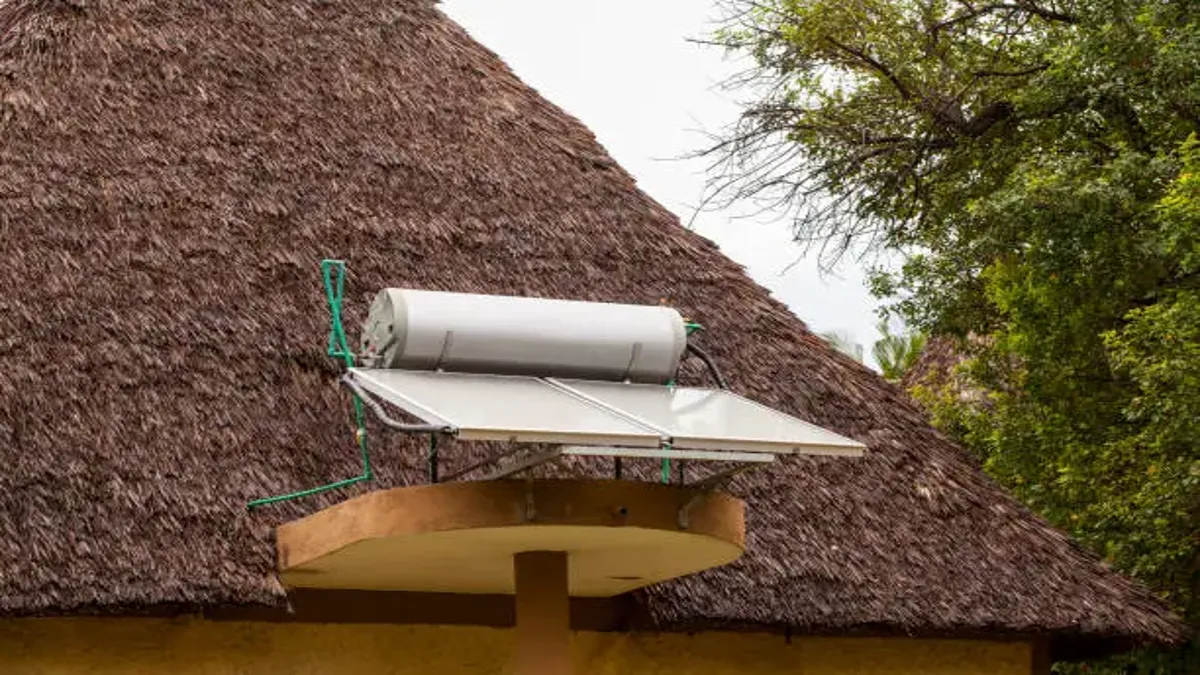The Kenyan need for cost- and resource-effective water solutions in the country has propelled the solar water pump industry to grow in the past few years. With fuel and electricity prices skyrocketing, households, farms, and institutions have integrated solar-powered water pumps for domestic irrigation, livestock watering, and crop cultivation. For people investing in the technology, understanding solar water pumps prices in Kenya in 2025 is essential. Given the numerous models, sizes, and varying capacities, knowing the range of prices enables proper budgeting and aids in the selection of the pump best suited for one’s need.
In this guide, I will discuss the prevailing cost trends and the key price determinants and examine what tracking these prices might mean for the user’s purchase readiness.
Elaborate on the Importance of Solar Water Pump Prices in Kenya
For solar water pumps as well as diesel and electric pumps, a significant component for small- and large-scale users in Kenya is affordability. With this, users also must balance their expectations on performance and cost of solar water pump prices in Kenya. Meeting performance expectations usually aligns with the pumping system’s life cycle cost as well as the savings achieved when compared with diesel or electric pumps. Lifecycle costs matter too when compared with the purchase costs of tubing, filtration units, or even the irrigation system that includes the rain gun sprinklers that the farmers require.
Solar Water Pump Prices as of 2025
In Kenya, the prices of solar water pumps are stratified by the type of pump, power, and overall capacity. For shallow wells, domestic use, and other basic functions, entry-level submersible solar pumps are available between KSh 20,000 and KSh 45,000. Furthermore, more advanced agricultural-grade pumps are available as well. These pumps are designed for deep wells and high-volume irrigation and can range between KSh 60,000 and KSh 250,000.
When analyzing other suppliers, it is critical to ensure that the price being quoted comprises the solar panels, installation, and warranty. Every so often, there are retailers who sell pumps without the solar panels, which significantly increases the price for consumers in the long run.
Considerations that Influence the Prices of Solar Water Pumps
In Kenya, the pricing of solar water pumps is influenced by the following factors:
Capacity and Flow Rates
These metrics track the pump’s water output. As the output increases, so does the price.
Depth and Head
These relate to deep-well pumps, which require higher voltage systems and more powerful motors.
Market Intelligence
Often brand recognition comes with an expensive price tag, but the pumps are likely to outlast cheaper alternatives, resulting in lesser maintenance costs over the years.
Attachments/Accessories
Items such as tanks, water filtration units, and rain gun sprinklers are targeted towards increasing the overall cost.
Importation and Currency Trade Costs
Since a large quantity of the pumps are imports, currency trade can impact retail prices.
Connecting Rain Gun Sprinklers with Solar Pumps
The use of efficient irrigation equipment such as rain gun sprinklers increases the returns on investment of solar water pumps. Farmers planning to purchase solar water pumps in Kenya should also check the price of rain gun sprinklers in Kenya. As of 2025, the price for these sprinklers ranges between KSh 3500 and KSh 12,000 depending on their size, range, and build quality.
The solar pump contributes the energy to push water through the irrigation system, and the rain gun sprinkler gives wide coverage and water efficiency, especially for maize, wheat, and sugarcane.
Why It Is Important to Pay Attention to Rain Gun Sprinklers’ Pricing in Kenya
For the same reason as for the solar pumps, the rain gun sprinkler price in Kenya can also depend on the supplier, brand, and other specifications, which might be very different from one to another. To help large-scale farmers avoid overspending during peak planting seasons, these prices should be monitored closely. For great value and sustained system efficiency, pair competitively priced sprinklers with your solar pump system. This combination greatly reduces the need for fuel pump-powered systems, saving thousands of shillings annually.
Where to Buy Solar Water Pumps in Kenya
In agricultural supply stores, hardware shops, and specially dedicated companies for renewable energy, solar water pumps are sold. Often, leading brands have authorized dealers that support the warranty with after-sale services. While online stores may not be the safest place to buy, they provide great value for money. Pumps under the brands’ label are best/suggested to be paired with the rain gun sprinklers for simplified installation and system integration.
Final Remarks
The constant price of solar water pumps in Kenya in 2025 makes them a practical purchase for farmers, households, and institutions looking for perpetual water access. Having knowledge about the price trends and their determinants helps buyers avoid wastage of money. For maximum efficiency and productivity throughout the year, combine your solar pump with low-cost irrigation devices like the rain gun sprinklers. Properly configured solar water pumping systems yield returns over time while reducing environmental impacts and operational expenses.

